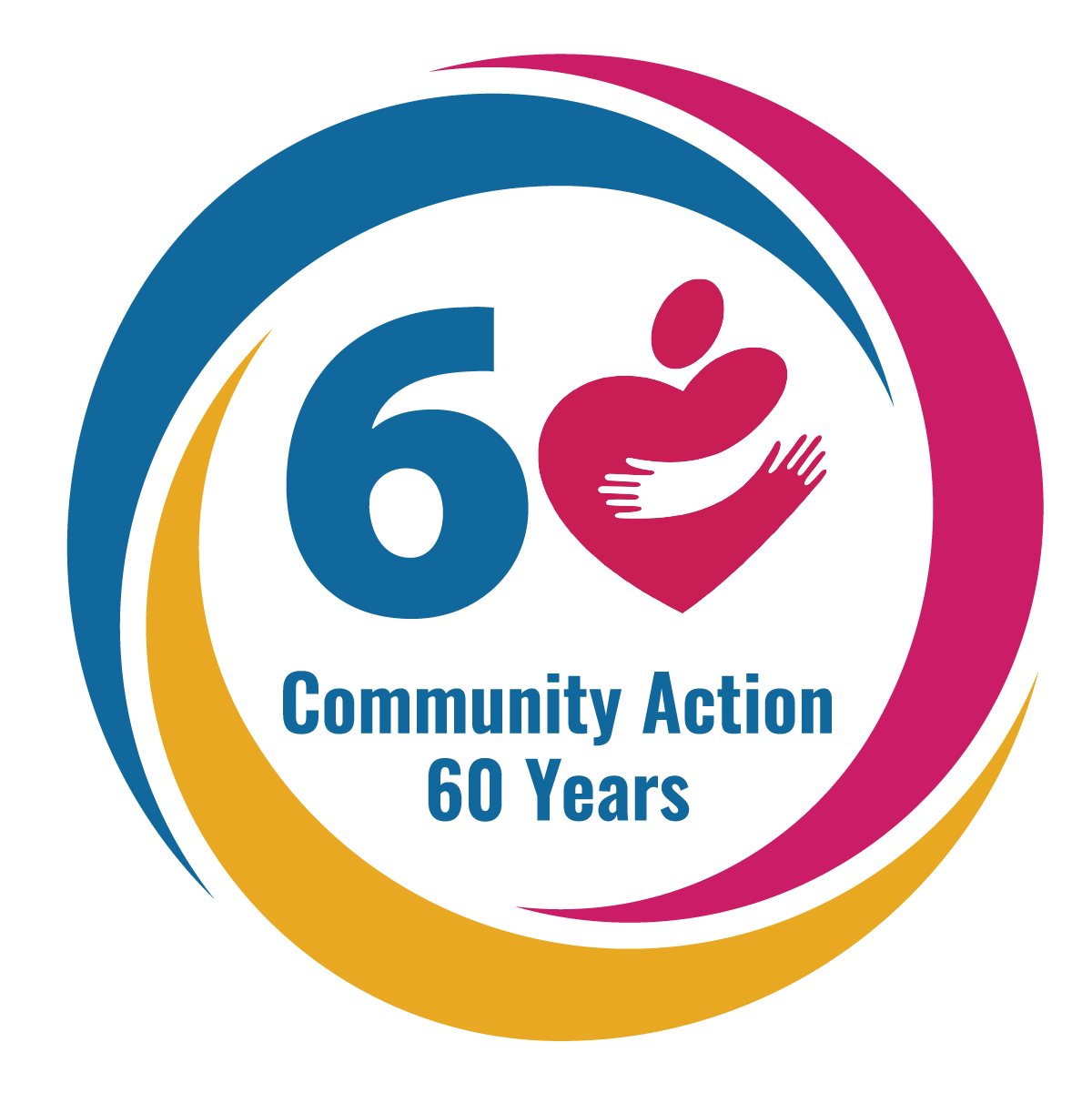MCAP assists CAA member agencies with providing guidance and resources for internal operations, assessment, planning, and capacity building and workforce development.
The Community Services Block Grant (CSBG) Organizational Standards were established in 2015, as a part of an enhanced system for accountability and performance management across the community service network. The Organizational Standards were developed by the Center of Excellence (COE) through a two-year process that included extensive feedback from the CSBG Network. These standards work together to characterize an effective and healthy organization, with the capacity to to provide high-quality services to low-income families and communities. As a whole, the standards reflect many of the requirements of the CSBG Act, applicable Federal laws and regulations, good management practices, and the values of Community Action.
These standards are organized in three thematic groups comprising nine categories and totals of 58 standards for private, nonprofit eligible entities and 50 for public entities.
- Center of Excellence Developed CSBF Organizational Standards
- CSBG Webinars ((Office of Community Services, An Office of the Administration for Children & Families)
- NASCSP Organizational Standards Center of Excellence
- National Community Action Partnership (NCAP) Resource Library
- CAPLAW Organizational Standards Resource Library
Customer-driven organizations that apply a focus on achieving customer service excellence often have the following attributes:
- Customer-focused vision and mission statements
- Continuous improvement as part of the internal culture
- A focus on the total customer experience from first contact to positive results
- Customer service standards, staff training and accountability at
every level of the organization
The Community Action approach emphasizes local priorities and maximum feasible participation—a requirement that individuals from
communities-served be represented in the decision-making body of the agency.
Since 1968, local community action agencies have been required to have tripartite governing boards to gain and retain designation as eligible entities and to receive CSBG funding. Effective tripartite boards reflect and promote the unique anti-poverty leadership, action, and mobilization responsibilities assigned by law to community action agencies. Boards are responsible for assuring that agencies continue to assess and respond to the causes and conditions of poverty in their community, achieve anticipated family and community outcomes, and remain administratively and fiscally sound.
The nature of poverty and our nation’s response to it continues to evolve. Many community action agencies are in the process of passing the baton to a new generation of leaders. This Information Memorandum restates and amplifies how tripartite boards help preserve community action focus, effectiveness, and accountability in these changing times. (IM82)
- Leading a Nonprofit Organization: Tips and Tools for Executive Directors and Team Leaders
- CSBG Training Tool for Nonprofit CAA Boards (CAPLAW)
- Building and Maintaining an Effective Nonprofit Board of Directors (Management Library)
- Leadership & Governance Resources (Minnesota Council of Non-Profits)
- Governence and Policy Toolkit (Northeast Institute for Quality Community Action)
Leadership is a fundamental part of managing positive change for communities, mission impact, higher productivity, lower costs, and greater stability. The ability to influence and lead others in a fast-paced, competitive world is essential to long-term success in community service.

